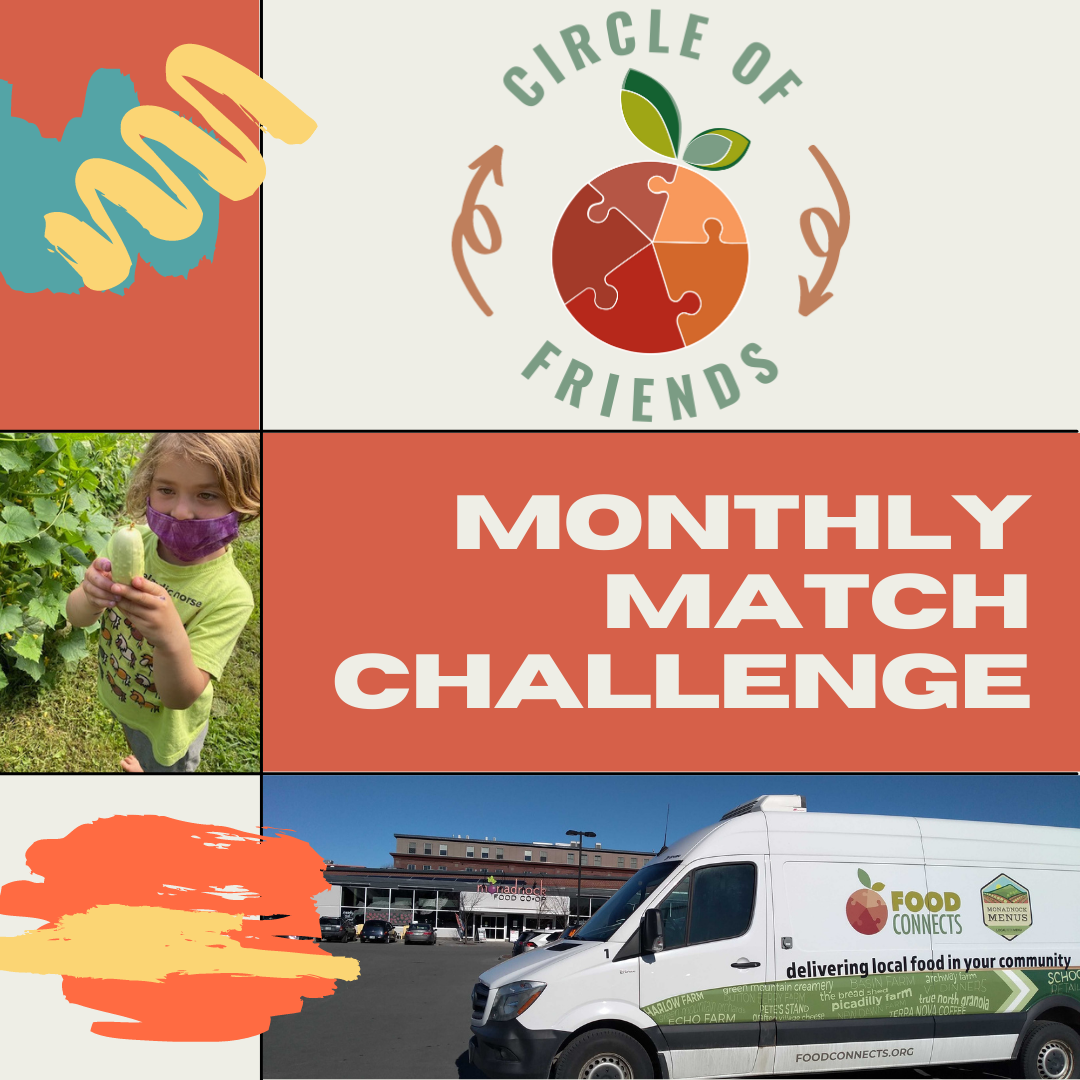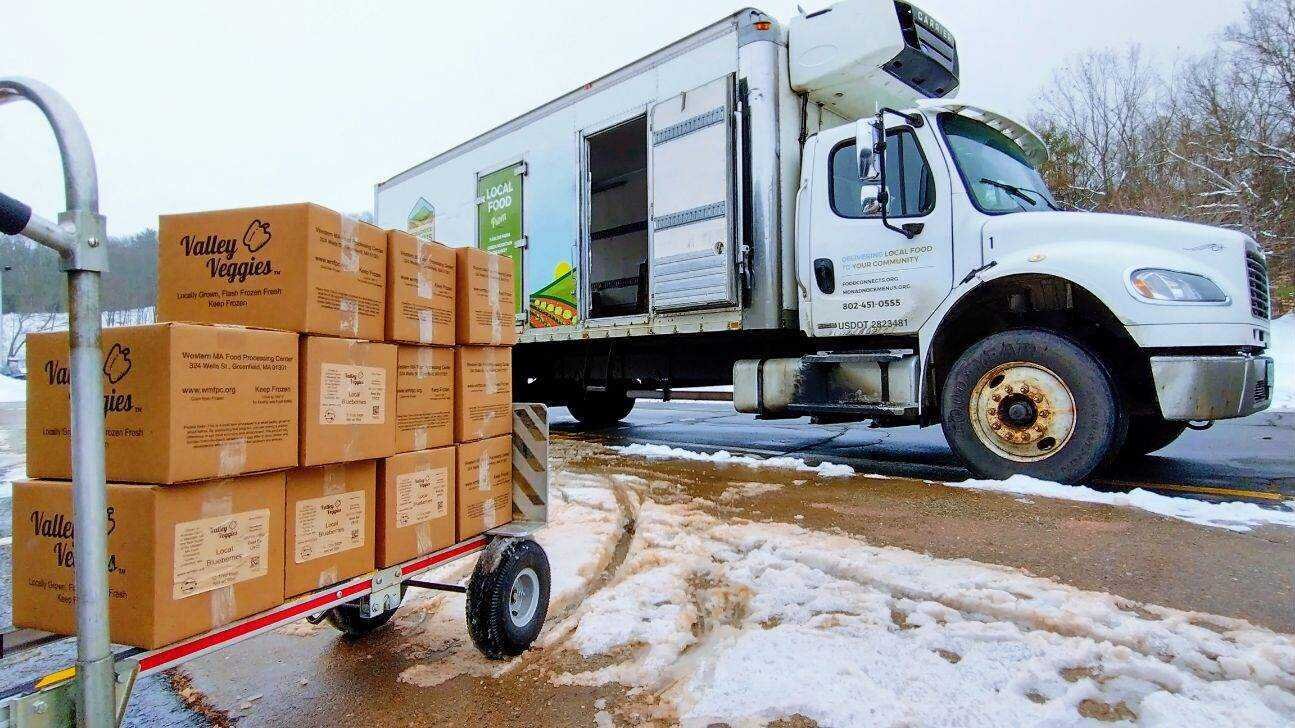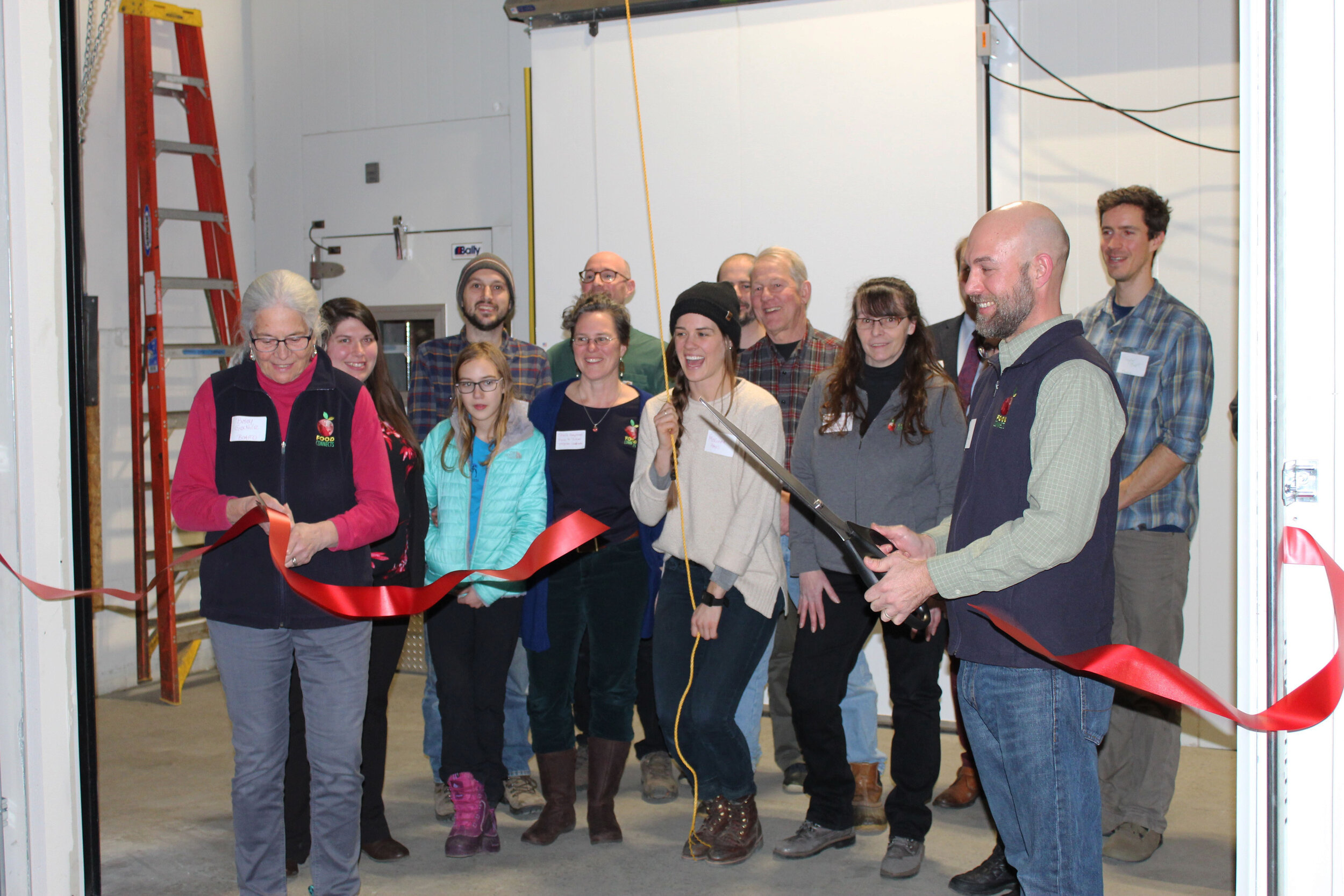As one of Food Connects newest hires for the summer season, I wouldn't be working for this organization if it weren't for COVID-19. As a result of the global pandemic I, along with all of Peace Corps 7,200+ volunteers, was evacuated halfway through my two-year service with the Peace Corps in Jamaica. Although a big change I am thrilled to be working for such an impactful community organization here in Southern VT!
I am grateful every day for my health, the health of my friends and family, the opportunity to be back in VT, and enjoying the state's gorgeous outdoors and to be working on such a wonderful team here at Food Connects!
Alex, Food Hub Manager
I’m almost entirely focused on simply keeping up! As someone recently told us, the COVID-19 emergency has "lubricated" the wheels of the local food system, including at Food Connects. Local foods are in greater demand than ever for a lot of reasons, I think, including the fact that local and regional supply chains are able to bounce back and adapt relatively fast. Our sales of local foods are up, on average, between 2 and 3 times what they were last year at this time. For those of us working behind the scenes to interact with customers, maintain supply chains, and physically move the food from points A to B to C, all that means we have our work cut out for us to keep the wheels turning.
This means fewer projects and more daily responses. But, though we're behind as a result of the shift in attention, we're still pressing forward with updating our distribution and sales software system. We're also working on putting together export programs for Vermont cheeses and other specialty goods. Other food hubs around New England and the East Coast are in a similar situation—scrambling to keep up, scrambling to find supply, and introducing new products for their rapidly expanding customer base. We're trying to figure out how to help Vermont, New Hampshire, and Massachusetts products make it into those broader supply chains.
This state of emergency is the best chance that we've had to prove what local and regional food systems can do, and it's a kick in the pants for us and others to "grow up," and grow up fast.
Working from home has blurred a lot of lines, but often in a good way—my 18-month old son is a bigger part of my weekdays than he was before COVID-19, even if that means just listening to him talking up a storm downstairs. And. after years of neglect, I've gotten back into cycling, to the point of mild addiction. We're also really enjoying spending a lot of energy on preparing memorable meals at home.
I'm grateful for the Food Connects team who've given so much of themselves to the work of boosting local foods over the last few months. It's been a difficult time in many, many ways, but I'm very happy to see that Food Connects and the food system will, hopefully, emerge stronger than ever.
McKenna, Food Hub Operations Manager
































